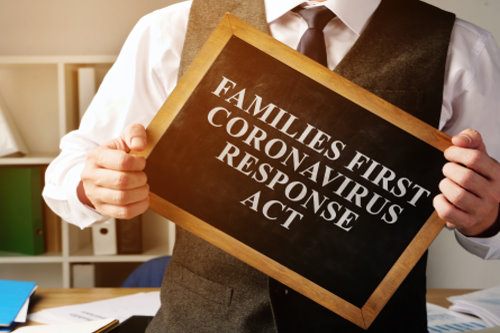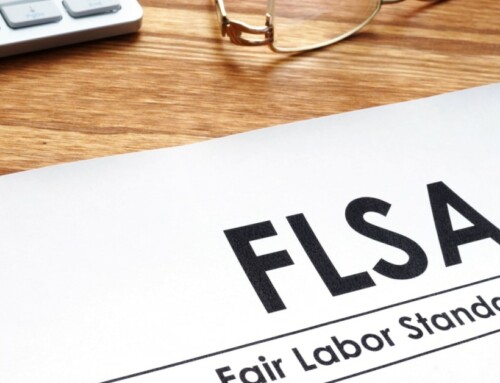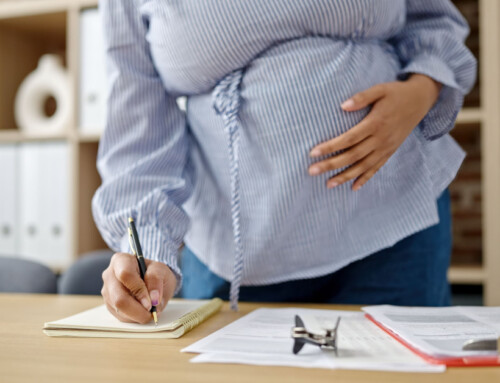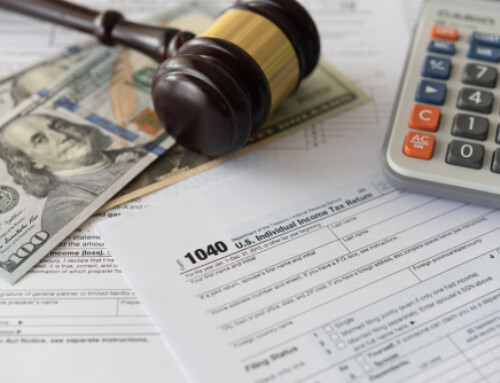The Families First Coronavirus Response Act (FFRCA) is a federal law that provides employees with the right to paid, job-protected leave under various circumstances related to the novel coronavirus (COVID-19). As is the case with many laws, the FFCRA left a significant number of issues open to interpretation; and, to guide both employers and employees, the U.S. Department of Labor (DOL) issued a “Final Rule” interpreting some of the FFCRA’s key provisions on April 1, 2020.
However, on August 3, a federal district court held that several important provisions of the DOL’s temporary rule were invalid. Specifically, the court objected to the DOL’s guidance on four key issues:
- The “work availability” requirement for FFCRA paid leave eligibility;
- The definition of “health care providers” who may not be eligible for FFCRA leave;
- The requirement for employers to consent employees’ intermittent leave; and
- The requirement for advanced documentation to justify a request for leave under the FFCRA.
In response to the court’s decision, the DOJ issued a revised Final Rule on September 11, with an effective September 16. The revised Final Rule provides some important new information for employers in South Carolina:
1. The “Work Availability” Requirement for FFCRA Eligibility Remains in Place
In its revised Final Rule, the DOL clarifies that the “work availability” requirement established in its original guidance on FFRCA compliance remains in-tact. The DOL also explicitly confirmed that the “work availability” requirement applies regardless of why an employee is requesting leave under the FFCRA. The FFCRA allows employees to take paid, job-protected leave if:
- The employee is subject to a governmental quarantine or self-isolation order related to COVID-19;
- The employee has been advised to self-quarantine by his or her healthcare provider due to concerns related to COVID-19;
- The employee is experiencing symptoms of COVID-19 for which he or she is seeking a medical diagnosis;
- The employee is caring for a family member or other individual who is subject to quarantine or self-isolation related to COVID-19;
- The employee needs to provide care for his or her child as the result of a school closure or the unavailability of a child care provider related to COVID-19; or,
- The employee is experiencing any other “substantially similar condition” related to COVID-19.
Under the “work availability” requirement, an employee is only entitled to paid, job-protected leave under the FFCRA if the employer has work available for the employee to perform at the time he or she requests leave. The DOL’s revised Final Rule makes clear that this is intended, in part, to align with the definition of the term “leave” under the Family and Medical Leave Act (FMLA). In essence, if there is no work available, the employee is not taking “leave” for either statute purposes.
2. Fewer “Health Care Providers” are Ineligible for FFCRA Leave
Under the statutory language of the FFCRA, employers have the option to deny leave to employees who are considered “health care providers.” In its original guidance, the DOL defined “health care providers” to include all employees essentially within the health care field. The court rejected this definition; and, in its place, the DOL’s revised Final Rule now states that employers only have the option to deny FFCRA leave to employees who:
- Meet the definition of a “health care provider” under the FMLA; or,
- Provide “diagnostic services, preventive services, treatment services, or other services that are integrated with and necessary to the provision of patient care.”
Employees who fall into the second category include, but are not necessarily limited to, nurses, nurse assistants, medical technicians, and other employees who provide such services under the “supervision, order, or direction of, or [in] direct assistance to,” a health care provider as defined by the FMLA. This category also covers employees “who may not directly interact with patients and/or who might not report to another health care provider . . . but provide services that are integrated with and necessary components to the provision of patient care.” For example, the DOL indicates that a lab technician who processes test results could be denied FFCRA leave.
3. Employees Still Need to Obtain Employer Consent for Intermittent Leave
The revised Final Rule reaffirms the DOL’s prior stance that employees must obtain their employer’s consent to take intermittent leave. Intermittent leave involves taking leave in “separate blocks of time due to a single qualifying reason, with the employee reporting to work intermittently during an otherwise continuous period of leave . . . .”
The DOL’s revised Final Rule indicates that this approach is being followed to establish consistency with the FMLA, as mandated by Congress. It also reaffirms that intermittent leave is only permitted, if at all, when an employee takes leave to care for his or her child (and not under any of the other circumstances listed above).
4. Employers Can Not Require Advance Documentation for FFCRA Leave
The most-significant revision the DOL made in response to the court’s ruling was to eliminate the requirement for employees to provide advance documentation before taking leave under the FFCRA. Now, employers in South Carolina no longer have the right to request advance documentation to support a request for leave, but instead may only require that employees provide documentation “as soon as practicable.”
However, the revised Final Rule goes on to state that in most cases, “as soon as practicable” will be “when the employee provides notice” of his or her intent to take paid, job-protected leave under the FFCRA. As a result, while employers can no longer require advance documentation, they do not have to wait until the employee is already on leave to request evidence of the employee’s leave eligibility.
Contact the South Carolina Employment Lawyers at Gignilliat, Savitz & Bettis, LLP
If you have questions about your company’s rights and obligations under the Families First Coronavirus Response Act, or if you have questions about any other employment-related legal issue about COVID-19, our South Carolina employment lawyers can help. To schedule a confidential consultation at your convenience, please call 803-799-9311 or inquire online today.






